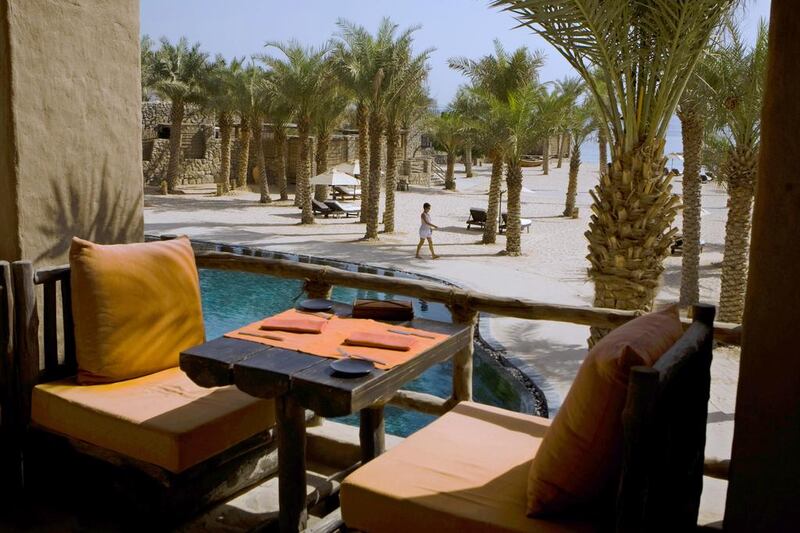An Omani council’s recommendation for a blanket ban on alcohol in the country is expected to hit the tourism sector and investment in new hotels.
The call from the Majlis Al Shura is awaiting a cabinet nod after which it would proceed to Oman’s Sultan Qaboos for a final approval.
Earlier this month, the council voted to make it a criminal offence to consume and trade in alcohol.
Currently, permits are given only to non-Muslims to consume or trade in alcohol. Violations can lead to a jail term between six months and up to three years, or a minimum fine of 300 Omani rials (Dh2,862), or both.
Along with seeking a ban, the council has recommended a jail term between 10 days and one year, or a minimum fine of 200 OR, or both for violators.
Any blanket ban on alcohol is expected to effect the competitiveness of Oman’s hotel sector, which has benefited from the high room rates in Dubai and Abu Dhabi this year.
It could also effect future hotel projects and significantly effect the bottom line of hotels with a reduction in sales of beverages, said Rashid Aboobacker, a senior consultant with TRI Hospitality Consultancy, Middle East.
While the UAE has the largest number of hotel rooms in the pipeline at 40,102, Oman has 5,836 rooms waiting to come on stream, according to STR Global's latest data. International hotel operators have a small footprint in Oman as they have more properties waiting to come on stream in the next three years.
In May, the luxury property Alila Jabal Akhdar developed by Omran opened in the mountains of Nizwa. It has 86 rooms, and does not have an alcohol licence currently.
Omran is an Omani government agency tasked to deliver projects and manage assets and investments in the tourism sector. Starwood expects to open its Element Muscat, Westin Muscat and W Muscat in 2017.
It currently operates one property in the Omani capital. InterContinental Hotel Group has five hotels in the country and two more are in the pipeline.
At the end of last year, Oman had a total of 14,369 hotel rooms and reported overall occupancy of 47.7 per cent.
“The ban will affect [Oman’s] overall competitive positioning within the regional tourism map, depending on the severity of the ban, for instance, if visitors can carry duty free, similar to Sharjah,” said Mr Aboobacker.
“A complete ban on sale and consumption is likely to alienate leisure tourists as many regional tourists, such as from the UAE, are likely to choose to travel to competitive destinations without a ban on alcohol, such as Ras Al Khaimah and Fujairah, while a proportion of the international travellers may reduce the length of stay in the country or choose to travel to other destinations.”
Competitive room rates in Oman attract international visitors, including those from the UAE. Last year, the average room rate at Omani hotels was OR45 (US$116.57), compared to $278 in Dubai and Dh447.60 ($121.84) in Abu Dhabi.
Around 2 million guests, or an increase of 11.4 per cent, checked into Oman’s properties last year, staying 1.2 nights, a rise of 19 per cent in the length of stay, according to Oman’s ministry of tourism. The same year, it recorded 10.4 per cent growth in visitors from the Arabian Gulf region.
During the first nine months, Arabian Gulf tourists accounted for 44.5 per cent of the 529,466 guests at four-and five-star hotels in the country.
Oman’s tourism ministry, however, played down the possibility of a blanket ban on alcohol in the Sultanate.
"We may be putting more rules and regulations in terms of the services and qualities and not to [totally] ban it," said Maitha Al Mahrouqi, the undersecretary of Oman ministry of tourism, reported Times of Oman last week. "That is what I can say at this stage."
ssahoo@thenational.ae
Follow The National's Business section on Twitter






